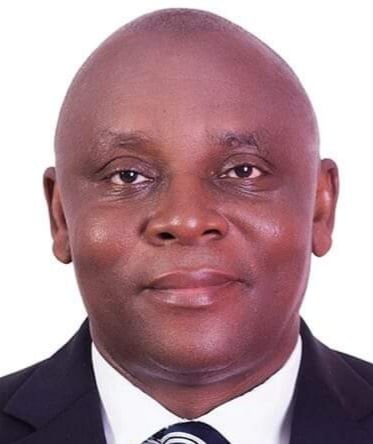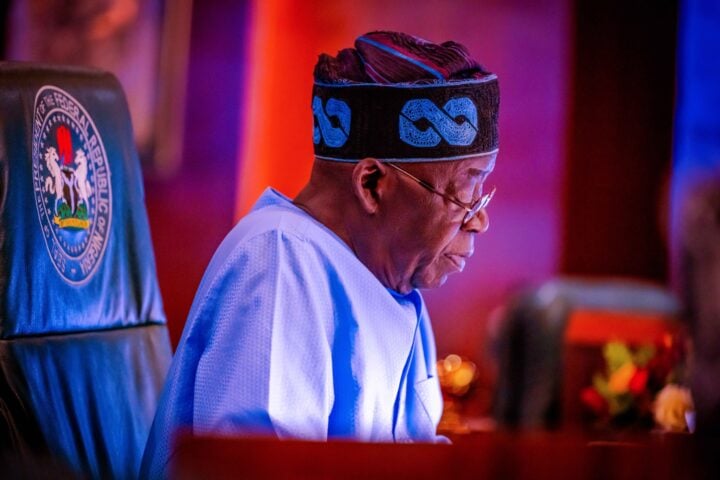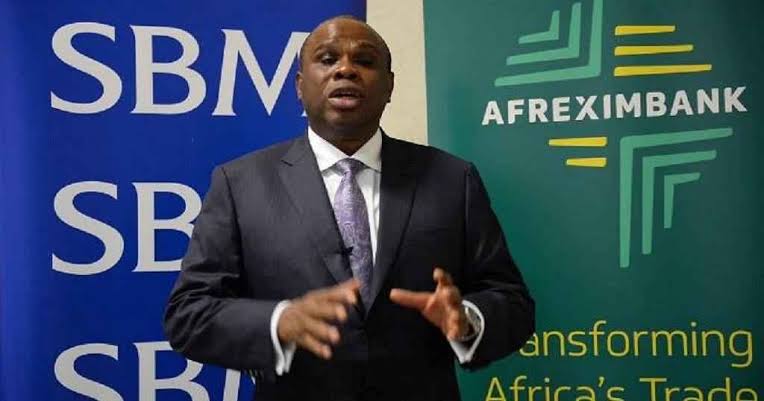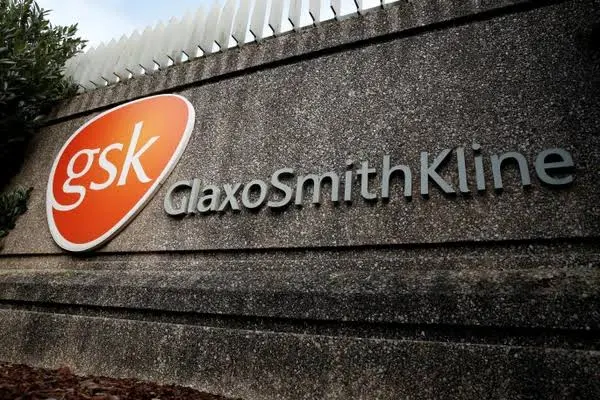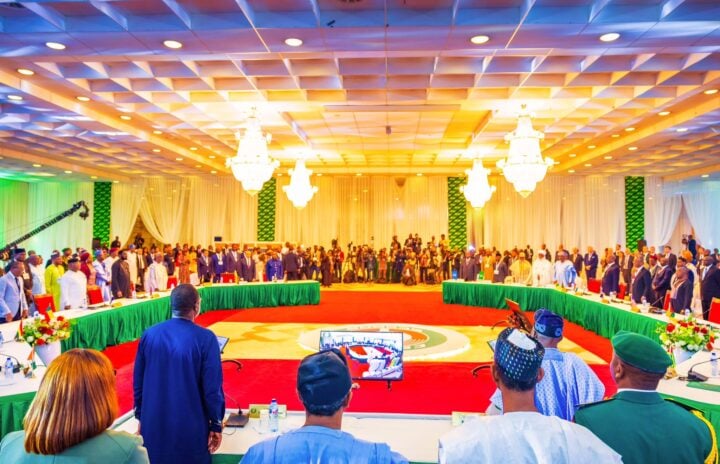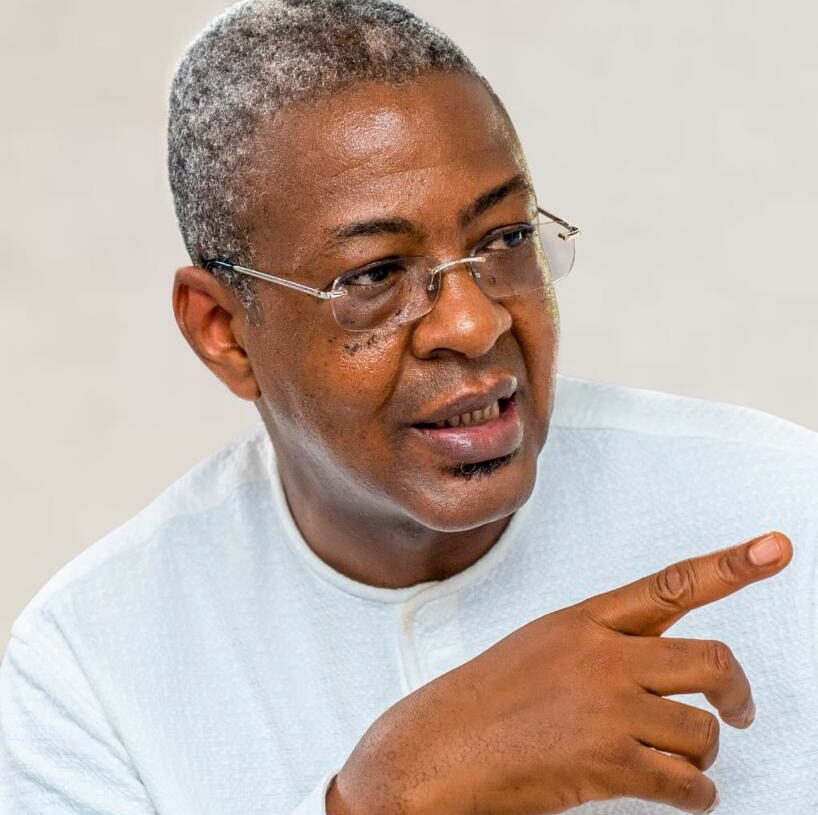President Bola Tinubu
With their portfolios announced last night, the new ministers have their work cut out for them, and I will like to send a personal note to the key ones. With 48 members, this is the largest cabinet in the history of the country, and coming at a time of severe economic challenges, it is important for the president to prioritise his agenda and develop KPIs (Key Performance Indicators) for each of them. The following are my thoughts on what their priorities and KPIs should be.
As minister of works, David Umahi comes with the requisite experience and technical expertise. A civil engineer, he transformed Abakaliki into a well-laid out city with modern infrastructure. Umahi should extend that passion to the whole of the eastern states. That region has the worst network of federal roads in the country and Umahi should not be squeamish about starting the rehabilitation from his home region.
This is not about favouritism; but necessity. Aba-Port Harcourt Expressway; Owerri-Port Harcourt Expressway; Aba-Ikot Ekpene Road; Umuahia-Ikot Ekpene Road; Onitsha-Enugu Expressway; Aba-Owerri Expressway; Enugu-Abakaliki Road and Umuahia-Owerri Road are all federal highways in the south-east that have completely broken down. I know the eastern region like the back of my palm and I have crisscrossed the region on these roads in recent years. They are terrible and unpassable. This is one of the reasons our Igbo brothers and sisters feel so marginalised and forgotten in this federation. These and other federal roads should receive immediate attention from the Tinubu administration, especially the ones in the south-south region. There is the notorious Benin-Warri Expressway; the treacherous Benin-Auchi Road and the infamous East-West Road.
Umahi’s priorities: All federal roads in the south-east and south-south regions should be fully rehabilitated. His KPIs: Achieve 80% reduction in portholes on all federal roads across the country.
Advertisement
The new minister of agriculture, Abubakar Kyar, should ensure that agriculture and food production receive adequate support from the government. I am pleased that the administration recognizes that food security is so important that it is now a major plank of our national security agenda. Right now, the high rate of inflation (above 24%) that we have is mainly due to increasing food inflation. Families are starving as food prices continue to soar. The brutal war in Ukraine is also responsible for the rising costs of food in many African countries, including Nigeria.
Before the war broke out in February last year, the continent relied on grains like wheat from Ukraine. But imports have been severely hampered as Russia continues to bomb the port in Odessa, Ukraine, through which grains are shipped into the world market. On Wednesday night, President Zelensky announced in his nightly radio address to his nation that ‘’each Russian bomb that drops on Odessa is a bomb on food prices’’. He’s correct. For me, this is an opportunity for Nigeria to ramp up on wheat and grain production and fill the voids. The Buhari administration did well by doubling rice production from 4.5 million metric tons in 2015 to nine million tons in 2022.
But with massive flooding of last year, increase in fertiliser price and the protracted insecurity in our food belts, it is likely that food output has dropped. President Tinubu should set new targets of self-sufficiency in rice, wheat, millet and meat and dairy. I commend President Buhari for his initiatives in fertilizer production which greatly improved its availability and investments in agriculture through the Anchor Borrowers’ Program. It is now Tinubu’s turn to further boost food production in the country.
Advertisement
Priority: Drastic reduction in food prices through massive food production. KPIs: Self-sufficiency in rice; wheat and dairy production. Export of palm oil should be achieved.
Related to food production is the security of lives and property, and this is where the minister of defence, Muhammed Badarau, and the minister of state, Bello Matawalle, do come in. The fact that two ministers were governors of Jigawa and Zamfara, the two most violence-stricken states in the North West, makes their appointment into the defence ministry so intriguingly apt. They should now avail the security agencies of the intelligence, sociology and psychology of insecurity, not only in their region, but also in the whole country. The major cause of violence in Zamfara has been the illegal mining of minerals in that state. Matawalle knows a lot about this, as well as the acute poverty and corruption over there. Zamfara is among the poorest states in the country and their governors have done little or nothing to help address this. Instead, Zamfara has been noted for tales of massive corruption. All its former governors, including Matawalle, have serious EFCC cases to answer.
I have written several articles on the continued killing of innocent farmers and hapless citizens in Benue, Plateau, Nassarawa and Southern Kaduna by ethnic militias and cross-border terrorists. These are the farming communities of Nigeria; and I have wondered how on earth it is possible for our security forces to be incapable of stopping these mayhems. I therefore ask our defence ministers; our armed forces and our policemen to do whatever is possible to save Nigeria from these Sahelian terrorists, Janjaweed murderers and domestic ethnic militias. Similarly, President Tinubu should abandon his plans to send troops into Niger and, instead, focus more on winning the war against terrorists in the homeland. Priorities: Drastic reduction in killings across the country and defeat of terrorists. KPIs: Adequate maintenance of air assets and reduction in air crashes; acquisitions of modern military hardware; training and motivation of troops.
Education means a lot to me and it is a very important driver of national development. As a former DG of the Nigerian Law School and former University of Maiduguri vice-chancellor, Prof. Tahir Mohammed comes highly recommended as the new minister of education. His number one priority is to ensure that we don’t have ASUU strike again. He should also fix public universities and ensure that they are adequately provided with funding and modern learning facilities. The students’ loan scheme should be reviewed and made workable. His priority: Uninterrupted school calendar for the next four years. KPIs: Adequate funding of public universities; completion of abandoned projects in our campuses and rehabilitation of all unity schools.
Advertisement
Let me conclude with transportation, the ministry that handles rail development in the country. Rotimi Amaechi spent eight years under Buhari as the minister, but he chose to build rails in other parts of the country apart from his own region. It was therefore a comical tragedy for him to seek to be president. Now, we have Adegboyega Oyetola, former governor of Osun state, as the new minister of transportation. His priority should be the Calabar-Lagos rail line which Amaechi talked about so often, but did nothing about it. This 1,400km line will connect eight states, many cities and develop the coastal communities of the country. Equally important is the 1,343 km Lagos to Kano line. These are the two major projects Tinubu should achieve. These are therefore minister’s priorities and KPIs.
Views expressed by contributors are strictly personal and not of TheCable.
Add a comment
